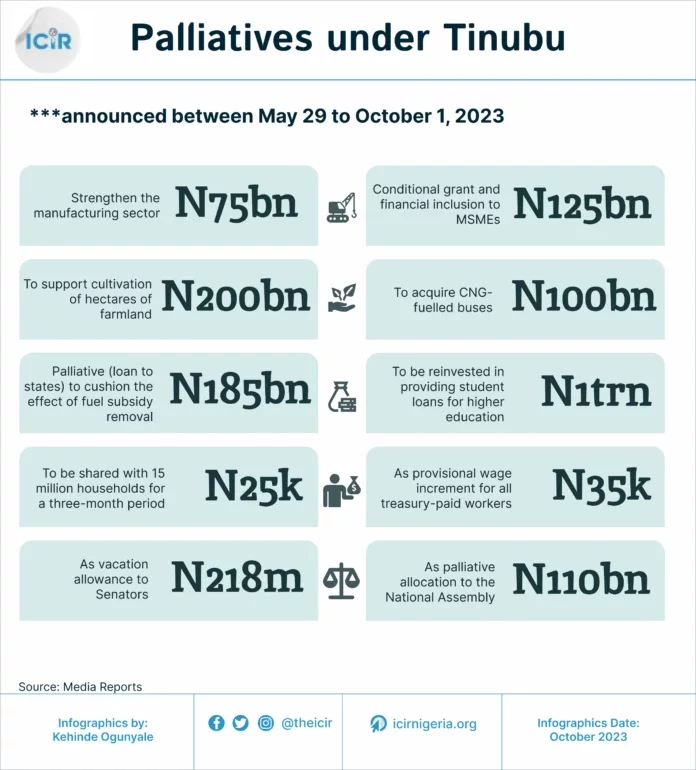
BETWEEN May 29 and October 1, 2023, President Bola Tinubu announced at least nine palliatives to cushion the effect of fuel subsidy removal.
The removal announced by him while delivering his inaugural address on May 29 has increased economic hardship for citizens, as seen in a sharp rise in transportation and cost of basic needs. It has also grown inflation to its highest rate in over a decade.
The ICIR findings showed that the palliatives announced by the government are to support sectors like agriculture, transportation , households, workers, and lawmakers' welfare.
Going by the distribution, sectors like manufacturing, agriculture, transportation and business will get N500 billion while workers and selected households receive N35,000 and N25,000, respectively, for a period. On the other hand, lawmakers' allocation is N110.2 billion, while the 36 states get N185 billion palliative loan.
However, there are concerns that these palliatives might not have a significant impact following criticisms that trailed a similar policy by the previous administration.
In July, The ICIR examined one of the Federal Government's proposed interventions of N8,000 for 12 million households, which it later suspended after backlash from Nigerians.
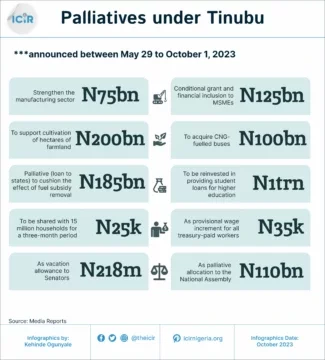
The palliatives announced in five months
After the subsidy removal and unification of segmentation in the foreign market- two policies that impacted the Nigerian economy - Tinubu requested that the National Assembly approve N500 billion to be distributed to vulnerable households. Sharing N8,000 to households came with mixed reactions, forcing the government to suspend the decision.
By the end of July, Tinubu, in a nationwide broadcast, addressed the country on other palliative measures to cushion the hardship. This address came barely some days before a nationwide warning strike organised by the Nigerian Labour Congress (NLC), in reaction to the government policies pushing the cost of living upward.
Here are the palliatives announced by Tinubu since he assumed office:
N75 billion to strengthen the manufacturing sector and increase its capacity to expand and create good-paying jobs between July 2023 and March 2024. Seventy-five firms will receive one billion naira repayable short and long-term loan. On Wednesday, October 4, The ICIR reported the Manufacturing Association of Nigeria saying there was a delay in releasing the fund.
Empower micro, small and medium enterprises and the informal sector as growth drivers with N125 billion. That is N50 billion on Conditional Grant to one million nano businesses between June and March 2024, while N75 billion goes to MSMEs and start-ups.
N200 billion to support the cultivation of 500,000 hectares of farmland and all-year-round farming practice.
Invest N100 billion between June 2023 and March 2024 to acquire 3,000 units of 20-seater CNG-fuelled buses.
N1 trillion saved from fuel subsidies to be reinvested into the education sectors and loans.
On October 1, Nigeria's 63rd Independence Day Celebration, Tinubu added that the government would provide an additional N25,000 to the "average worker's" salary for six months. Meanwhile, after deliberation with the labour union leaders who had declared an indefinite strike , the President added an extra N10,000, making it N35,000 to be paid for six months.
Also, Tinubu approved N25,000 as a new social safety net policy that will cover about 15 million Nigerians.
Meanwhile, between May and October, the National Assembly approved N70 billion from the N819.5 billion 2022 supplementary budget to support their working conditions.
They also earmarked an extra N40 billion to acquire 465 Sports Utility Vehicles (SUVs), bulletproof cars for principal officials and members, totalling N110 billion.
They also announced another N218 million as 'vacation allowance' to senators when embarked on a seven-week recess. The ICIR reported ( here and here ) how these funds would benefit Nigeria if they were invested in different sectors of the country.

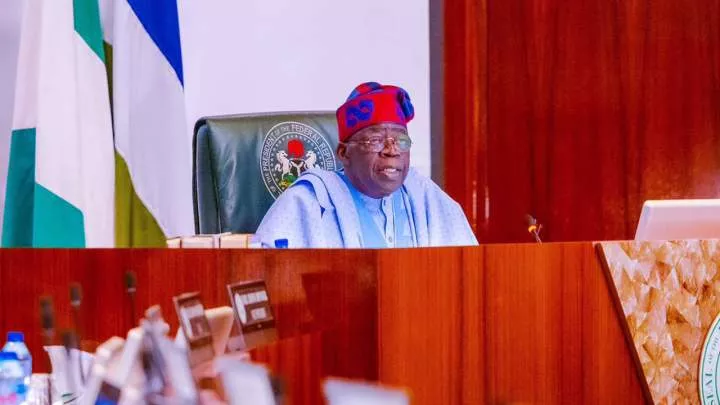
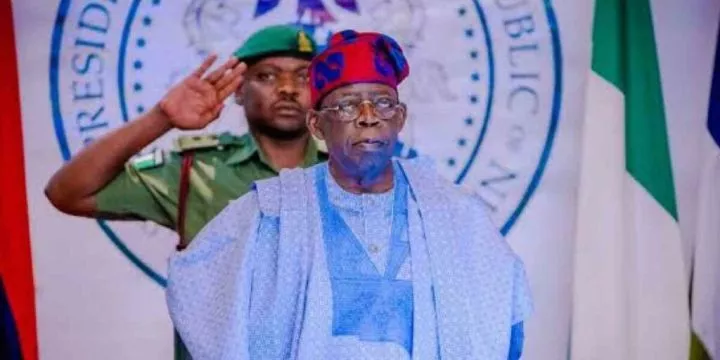
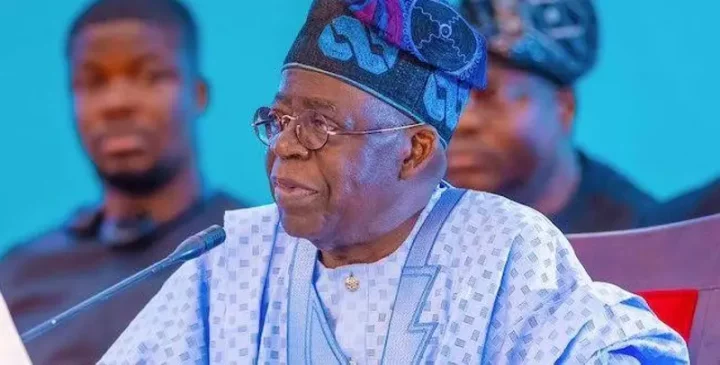
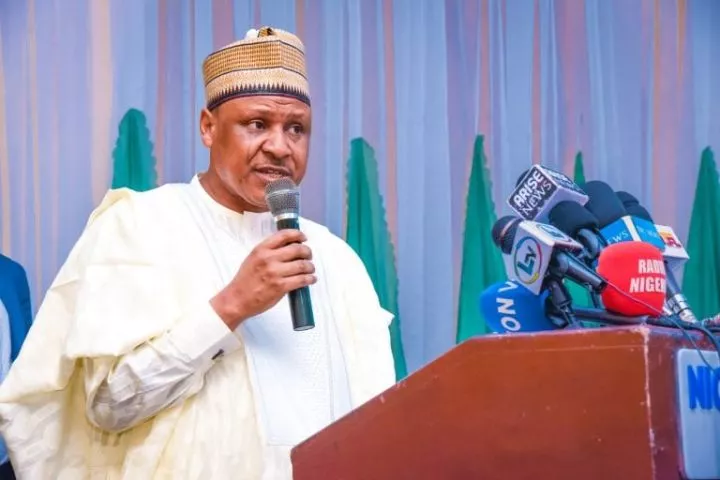
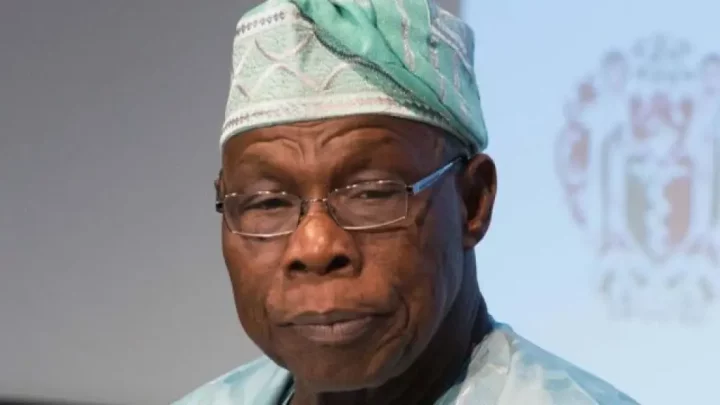
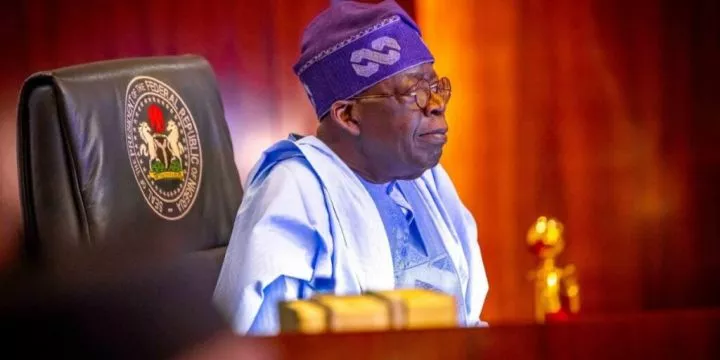
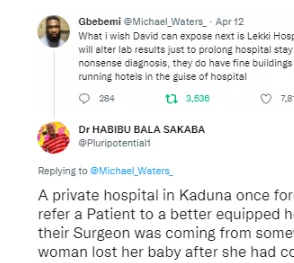
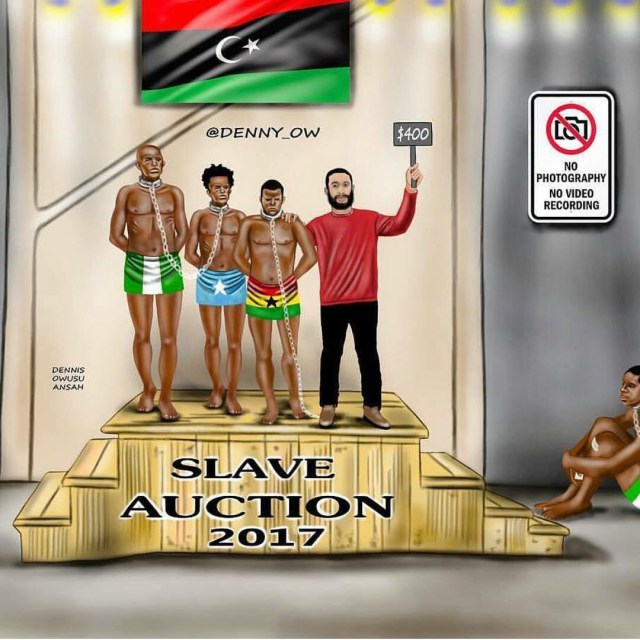





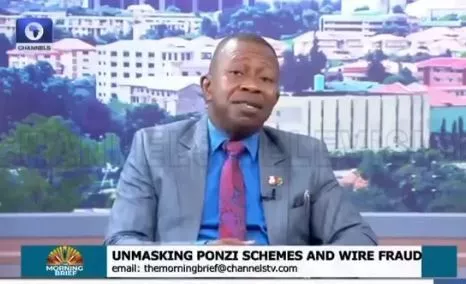


Comments